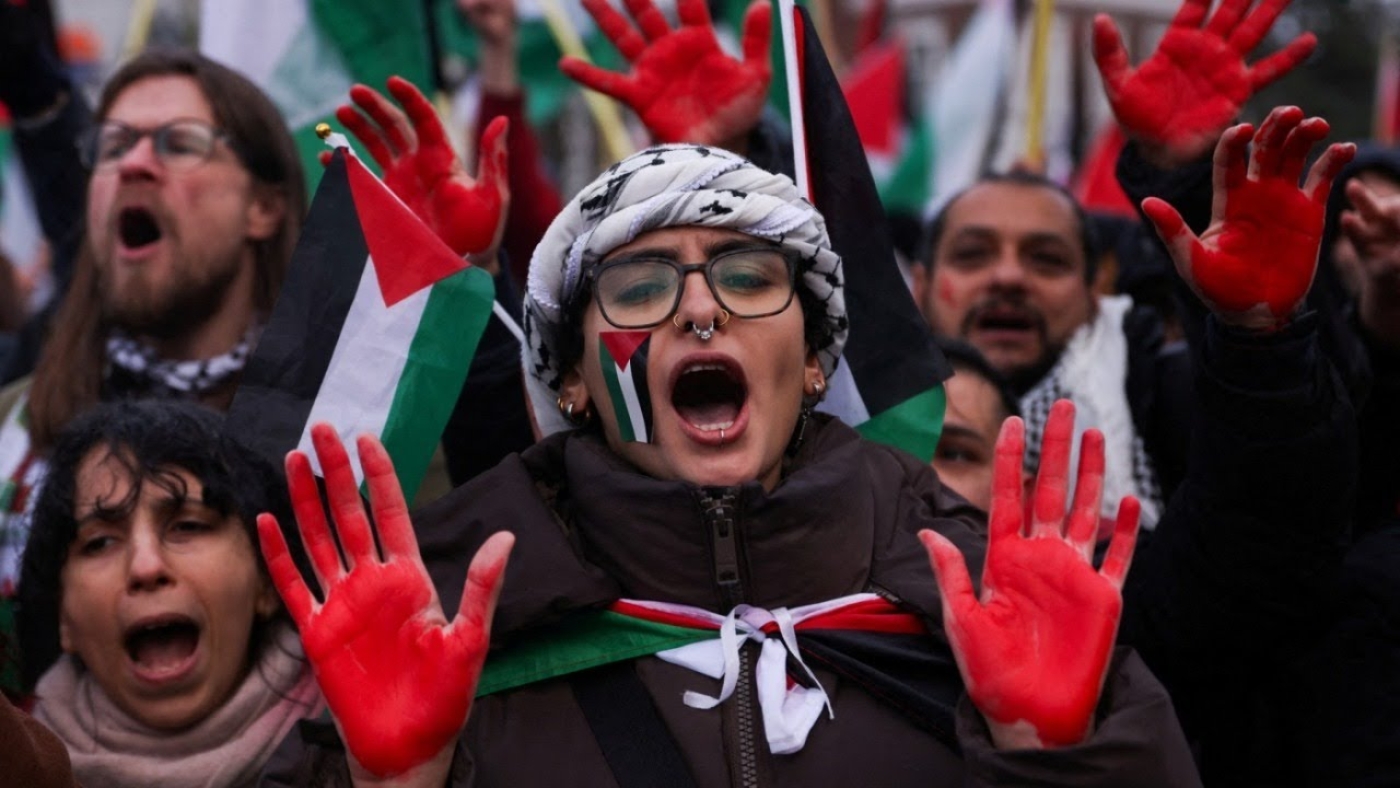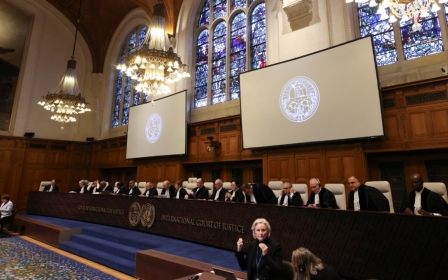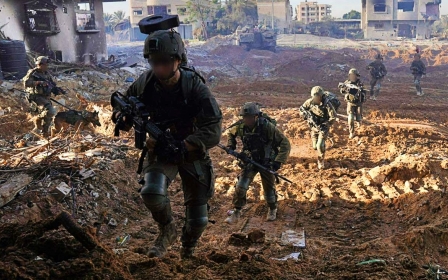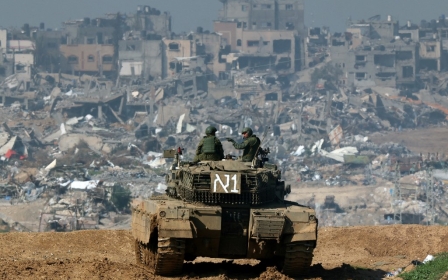Watch in full: ICJ interim ruling South Africa's genocide claim against Israel in Gaza
The International Court of Justice (ICJ) delivered on Friday its ruling on the provisional measures requested by South Africa in its genocide case against Israel.
It called on Israel to refrain from impeding the delivery of aid into Gaza and improve the humanitarian situation. It also ordered Israel to take all measures within its power to prevent acts of genocide in the besieged enclave and to punish incitement to genocide.
However, it did not order Israel to halt military operations in Gaza, one of South Africa's key demands in the case it brought to The Hague earlier this month.
You can watch the first day of hearings here where South Africa made its case on 11 January, and the second day where Israel defended itself against genocide claims here.
New MEE newsletter: Jerusalem Dispatch
Sign up to get the latest insights and analysis on Israel-Palestine, alongside Turkey Unpacked and other MEE newsletters
More than 25,000 Palestinians have been killed in the ongoing war in Gaza, including more than 10,000 children. Thousands more are missing under the rubble and presumed dead.
In an 84-page application submitted to the ICJ on 29 December, South Africa said Israel's actions in Gaza were "genocidal in character because they are intended to bring about the destruction of a substantial part of the Palestinian national, racial and ethnic group".
Israel has rejected the filing, calling it "blood libel" - a reference to antisemitic lies that originated in the Middle Ages, which claimed that Jews murdered Christian boys to use their blood for religious rituals.
It is the first time Israel is being tried under the United Nations Genocide Convention, which was drawn up after the Second World War in light of the atrocities committed against Jews and other persecuted minorities during the Holocaust.
The ICJ is the UN's highest court. Established in 1945, it deals with disputes between countries and provides advisory opinions. It has 15 judges who are elected for nine-year terms by the UN General Assembly and Security Council.
The court can be expanded with the addition of a judge from each side of the case, in this case South Africa and Israel.
The current judges at the ICJ are from the United States, Russia, China, Slovakia, Morocco, Lebanon, India, France, Somalia, Jamaica, Japan, Germany, Australia, Uganda and Brazil.
Middle East Eye delivers independent and unrivalled coverage and analysis of the Middle East, North Africa and beyond. To learn more about republishing this content and the associated fees, please fill out this form. More about MEE can be found here.





